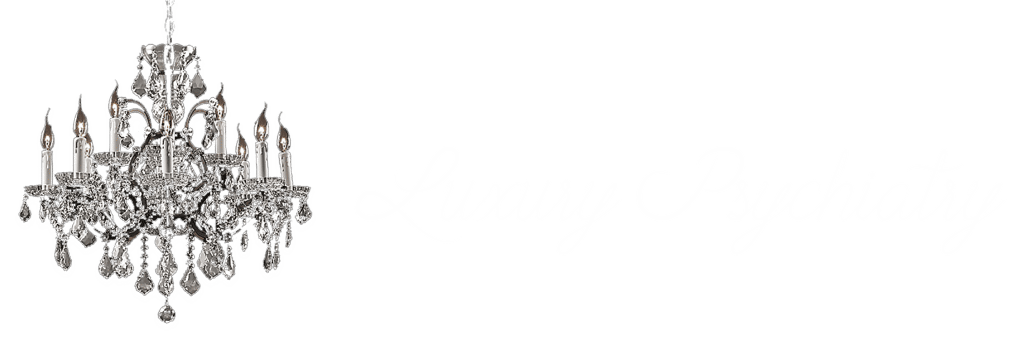Ketamine is not an opioid; it is classified as a dissociative anesthetic. Unlike opioids, which primarily affect the opioid receptors in the brain and body to relieve pain and can induce feelings of euphoria, ketamine works by blocking certain receptors in the brain called NMDA receptors. This action leads to dissociation or a feeling of detachment from one’s environment and self, which can be utilized in medical settings to induce anesthesia or treat severe depression under strict medical supervision.
While ketamine has legitimate medical uses, particularly in anesthesia and the treatment of certain mood disorders like treatment-resistant depression, it is not without risks. Potential dangers of ketamine include cognitive impairments, such as memory loss, changes in perception or hallucinations, and psychological dependency. Physical risks include increased heart rate and blood pressure, nausea, and, in extreme cases, severe bladder problems known as ketamine cystitis. It’s crucial for ketamine to be administered in a controlled medical setting to minimize these risks and ensure patient safety.
What is Ketamine Therapy?
Ketamine therapy involves the controlled medical use of ketamine, primarily to treat a variety of mental health disorders, including severe depression, post-traumatic stress disorder (PTSD), and certain chronic pain syndromes. This therapy is typically considered when traditional treatments have failed to produce satisfactory results. In a clinical setting, ketamine is administered in low doses either intravenously, through an injection, or as a nasal spray. The therapy is noted for its rapid action, often improving symptoms within hours or days, which is significantly faster than many conventional antidepressants that can take weeks to become effective.
The therapeutic effects of ketamine are attributed to its ability to promote the growth of new neural connections in the brain, potentially “resetting” neural pathways that have been disrupted by conditions like depression. Ketamine therapy must be conducted under the supervision of qualified healthcare professionals at certified medical facilities to ensure the correct dosage and to monitor for any adverse reactions.
Is Ketamine Therapy Safe?
Ketamine therapy is considered safe when administered by qualified healthcare professionals in a controlled medical setting. The safety of the therapy largely depends on several factors, including the dosage, the method of administration, and the monitoring protocols in place during the treatment. Since ketamine is a powerful anesthetic and can have dissociative effects, it is essential that it is given under strict medical supervision.
Common side effects are generally mild and transient, including dizziness, blurred vision, and feelings of detachment while the medication is active. However, serious risks, such as elevated blood pressure, abnormal heart rhythms, and severe dissociative reactions, can occur, emphasizing the need for medical oversight. Facilities like Luxury Psychiatry Clinic follow rigorous guidelines to assess patients’ health profiles and monitor them closely during treatment sessions, significantly enhancing the safety and effectiveness of ketamine therapy.
Different Types of Ketamine Therapy
Ketamine therapy can be administered in several forms, each tailored to the specific needs and medical conditions of the patient. The primary methods include:
- Intravenous (IV) Ketamine Therapy: This is the most common and widely studied form of ketamine therapy. It involves administering ketamine directly into the bloodstream through an IV. This method allows for precise control over the dosage and rapid onset of effects, making it highly effective for treating severe depression and chronic pain.
- Intramuscular (IM) Ketamine Therapy: Similar to IV therapy, this method involves injecting ketamine into the muscle. It is slightly slower in onset compared to IV administration but is still effective for rapid relief from acute symptoms.
- Nasal Spray Ketamine (Esketamine): This form of therapy uses a nasal spray device to deliver ketamine. It’s typically used for treating depression and is notable for its ease of use and non-invasive nature. The FDA-approved esketamine nasal spray (brand name Spravato) is used under medical supervision in a clinic setting.
- Oral Ketamine: Though less common due to lower bioavailability and variability in absorption, oral ketamine is sometimes used in a lozenge or tablet form. It’s generally considered for maintenance therapy rather than immediate relief, as its effects take longer to manifest compared to other forms.
Each type of ketamine therapy has its specific applications and benefits, and the choice of method depends on the patient’s medical history, the severity of symptoms, and the therapeutic goals. At facilities like Luxury Psychiatry Clinic, we provide esketamine therapy for our patients, as we believe it to be the best method for ensuring long-lasting mental health wellness.
Benefits of Spravato for Depression
Spravato, the brand name for esketamine nasal spray, represents a significant advancement in the treatment of depression, particularly for patients with treatment-resistant depression. Here are some of the key benefits of using Spravato:
- Rapid Relief: One of the most notable benefits of Spravato is its ability to provide rapid relief from depressive symptoms. Unlike traditional antidepressants, which may take weeks to become effective, patients can experience mood improvement within hours to days of their first treatment with Spravato.
- FDA Approval for Specific Use: Spravato has been specifically approved by the FDA for use in treatment-resistant depression and for patients with major depressive disorder who have suicidal thoughts or behaviors. This approval is based on extensive clinical trials that have demonstrated its efficacy and safety in these specific patient populations.
- Novel Mechanism of Action: Esketamine, the active ingredient in Spravato, works differently from traditional antidepressants. It targets the NMDA receptors in the brain, which are involved in mood regulation and synaptic plasticity. This mechanism can help restore neural connections in areas of the brain affected by depression.
- Convenience and Administration: Spravato is administered as a nasal spray, which can be more convenient and less invasive than other forms of ketamine therapy, such as intravenous injections. Treatments are done under medical supervision in a certified clinic, ensuring safety and adherence to treatment protocols.
- Combination Therapy: Spravato is often used in conjunction with an oral antidepressant, which can enhance overall treatment effectiveness. This combination allows for a multifaceted approach to treating complex cases of depression.
These benefits make Spravato a valuable option in the arsenal against depression, offering hope and improved outcomes for patients who have not responded to other treatments. At Luxury Psychiatry Clinic, healthcare providers are equipped to assess whether Spravato might be an appropriate treatment option for patients struggling with severe depression.
Get Ketamine Therapy with Luxury Psychiatry Clinic
At Luxury Psychiatry Clinic, we are dedicated to providing cutting-edge treatments in a compassionate and luxurious environment. Our team of experienced mental health professionals understands the complexities of mental health issues and is trained in administering various forms of ketamine therapy, tailored to meet the unique needs of each patient. Whether you’re exploring options for treatment-resistant depression, PTSD, or chronic pain, we offer a range of ketamine-based treatments designed to facilitate rapid and sustainable improvement.
We invite you to reach out to us to learn more about how ketamine therapy could be part of your journey towards wellness. Schedule an appointment to discuss your treatment options in a supportive and confidential setting. Our staff is here to guide you through every step of the process, ensuring that your care is personalized and effective.
Don’t let depression dictate your life. Contact Luxury Psychiatry Clinic today and take the first step towards reclaiming your well-being. We are here to help you find the path back to a happier, healthier life.
